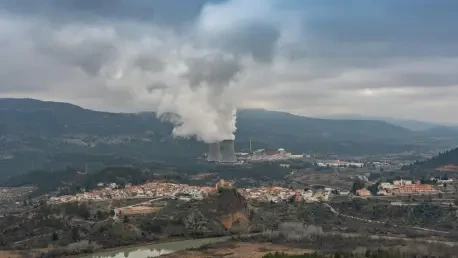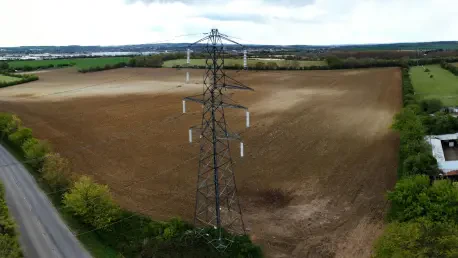
In late 2024, Germany faced an unprecedented energy challenge as wholesale electricity prices skyrocketed above 300 euros per megawatt hour during early November and mid-December, dwarfing the yearly average of 79 euros. This dramatic spike, occurring in a nation already navigating a post-nuclear

As Spain grapples with the future of its energy sector, we’re thrilled to sit down with Christopher Hailstone, a seasoned expert in energy management, renewable energy, and electricity delivery. With his deep knowledge of grid reliability and security, Christopher offers a unique perspective on the

In a landmark moment for energy transformation, New England has officially closed the doors on its last coal-fired power plant, Merrimack Station, located in Bow, New Hampshire, marking the end of a long-standing reliance on coal for electricity generation in the region. This closure is not merely

In the quiet town of Bar Nunn, Wyoming, nestled within Natrona County, a fierce debate has erupted over a proposal that could reshape the community’s future and raise critical questions about safety, as Radiant, a California-based company, seeks to establish a manufacturing facility for nuclear

What drives a small island nation to amass a towering reserve of fuel, reaching levels unseen in months, and how does this reflect broader trends in the global energy market? Singapore, a global oil trading powerhouse, currently holds a staggering 10.1 million barrels of middle distillates like

I'm thrilled to sit down with Christopher Hailstone, a renowned expert in energy management and grid reliability, whose insights into renewable energy and electricity delivery are invaluable. With a deep understanding of the complexities surrounding energy security, particularly in conflict zones,